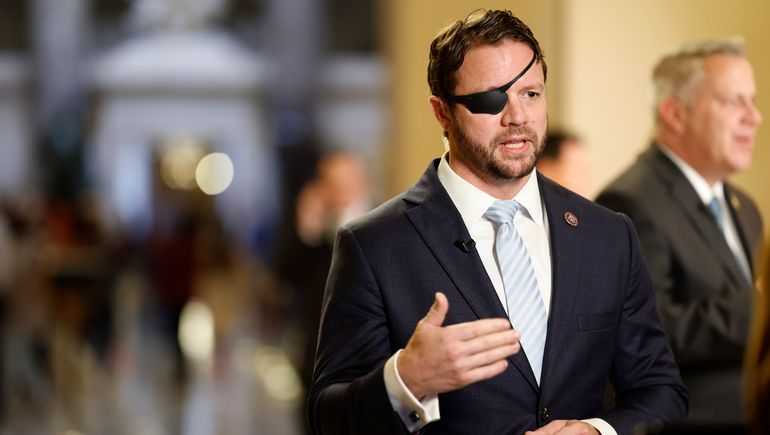Dive Brief:
- Rep. Dan Crenshaw, a Republican from Texas, introduced a legislative proposal this week that would strip colleges of federal funding if they require employees, students or applicants to write diversity, equity and inclusion statements.
- Colleges sometimes ask prospective students and employees to submit DEI statements, which typically highlight their contributions to diversity and inclusion within their research or teaching. Crenshaw’s bill would ban the practice for federally funded colleges.
- Crenshaw’s proposal faces tough odds of passing a politically divided Congress, especially in the Democrat-controlled Senate. Yet it highlights growing momentum behind the conservative-led movement to crack down on DEI initiatives in higher education.
Dive Insight:
Crenshaw’s home state is carrying out one of the strongest DEI restrictions in U.S. higher education.
In June, Texas banned DEI initiatives at its public colleges, taking the lead from Florida, which implemented similar legislation only the month before. According to Crenshaw’s announcement, his bill “builds on this effort.”
Indeed, many state bills targeting college DEI initiatives have proposed banning diversity statements, according to a tracker kept by The Chronicle of Higher Education. Some of these have passed, including legislation in Texas, North Dakota and North Carolina.
Pen America, a free expression group, said in a report earlier this year that it disfavors these types of bans “out of concern that they could preclude consideration of useful information about a candidate’s qualifications.”
It noted that hiring and promotion committees should care about whether candidates can understand and support students from different backgrounds and with varying viewpoints.
However, the group argued that DEI statements should be voluntary.
“When universities require faculty members or job candidates to author diversity statements as part of hiring or promotion, it can raise significant concerns for faculty members’ academic freedom,” the group said. “Such a requirement can convey the message that only certain approaches, language, and ideas about diversity and equity are considered acceptable.”
